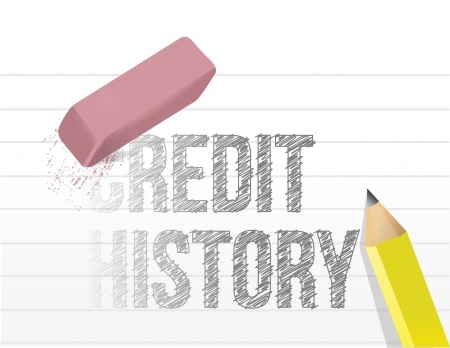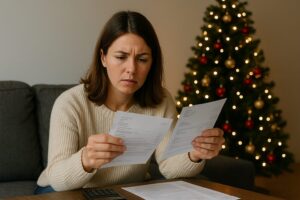Bad credit brings negative social, emotional, and financial stigma. If you have bad credit, you will find it very difficult to get a loan, meaning you won’t be able to get a mortgage for a house, a new car, or a line of credit for renovations.
Bad credit overwhelms those who struggle with financial hardships more than the debt itself. Luckily, there are ways to fix your bad credit. First, find out how your credit score is calculated. This will help you to understand what areas of your finances need the most attention.
The two biggest factors that make up your credit score is your payment history and your current debt levels. If you currently have a low credit score (under 600), it means you are seriously behind with your payments and have a lot of outstanding debts. The best way to improve your credit score is to address your debt levels head-on and start paying them down.
Even though reducing the amount you owe will not immediately increase your credit score, you still need to focus all your efforts on diminishing your debts, especially debt derived from high-interest loans such as credit cards. As you pay off high-interest loans, you can maintain minimum payments on your other accounts. Always try to make your payments on time (even just the minimum payment if you have to), and don’t ever skip a payment, even if a bill is in dispute. Ignoring these bills will just make things worse. The longer you stay current with your payments, the better your credit score will be.
Every positive step you take towards paying down your debt is a positive step towards fixing your bad credit. Every bill that you pay on time helps you get back on the right track. The fact that you are making obvious efforts to pay off your debt means that you are managing your finances well and therefore regaining control of your budget and expenses. That ultimately contributes to repairing your bad credit and opens up the possibility of obtaining new credit in the future from traditional lending institutions.
The smartest way to pay off debt and be sure to improve your bad credit is to arrange for a reasonable and affordable debt repayment schedule. Consider contacting a certified debt counsellor who can help you get on a debt management plan. They can negotiate realistic and affordable payments correlated to your actual budget and expenses and act as your representative with your creditors.
In addition to paying down debt, here are some other ways to improve your credit score:
- Don’t go over your credit limit. Borrowing more than the authorized limit on a credit card can lower your credit score.
- Try to use less than 35% of your available credit. It’s better to have a higher credit limit and use less of it each month.
- Increase the length of your credit history. The longer you have a credit account open and in use, the better it is for your score. Don’t close down old credit cards if there is no balance on them. Simply keep them open but don’t use them.
- Limit the number of credit checks on your report. Limit the number of times you apply for credit and only apply when you really need it. Get your quotes from different lenders within a two-week period when shopping around for a car or a mortgage. Your inquiries will be combined and treated as a single inquiry for your credit score.
- Use different types of credit. It’s best to have a mix of credit types, such as a credit card, car loan or line of credit, to show you can handle different types of loans.
It can be quite difficult to figure out a budget that works for you or figure out which debt to tackle first. A credit counselling agency can help you a great deal in your efforts to pay off debt while fixing your bad credit at the same time. Contact us today for a free consultation.






